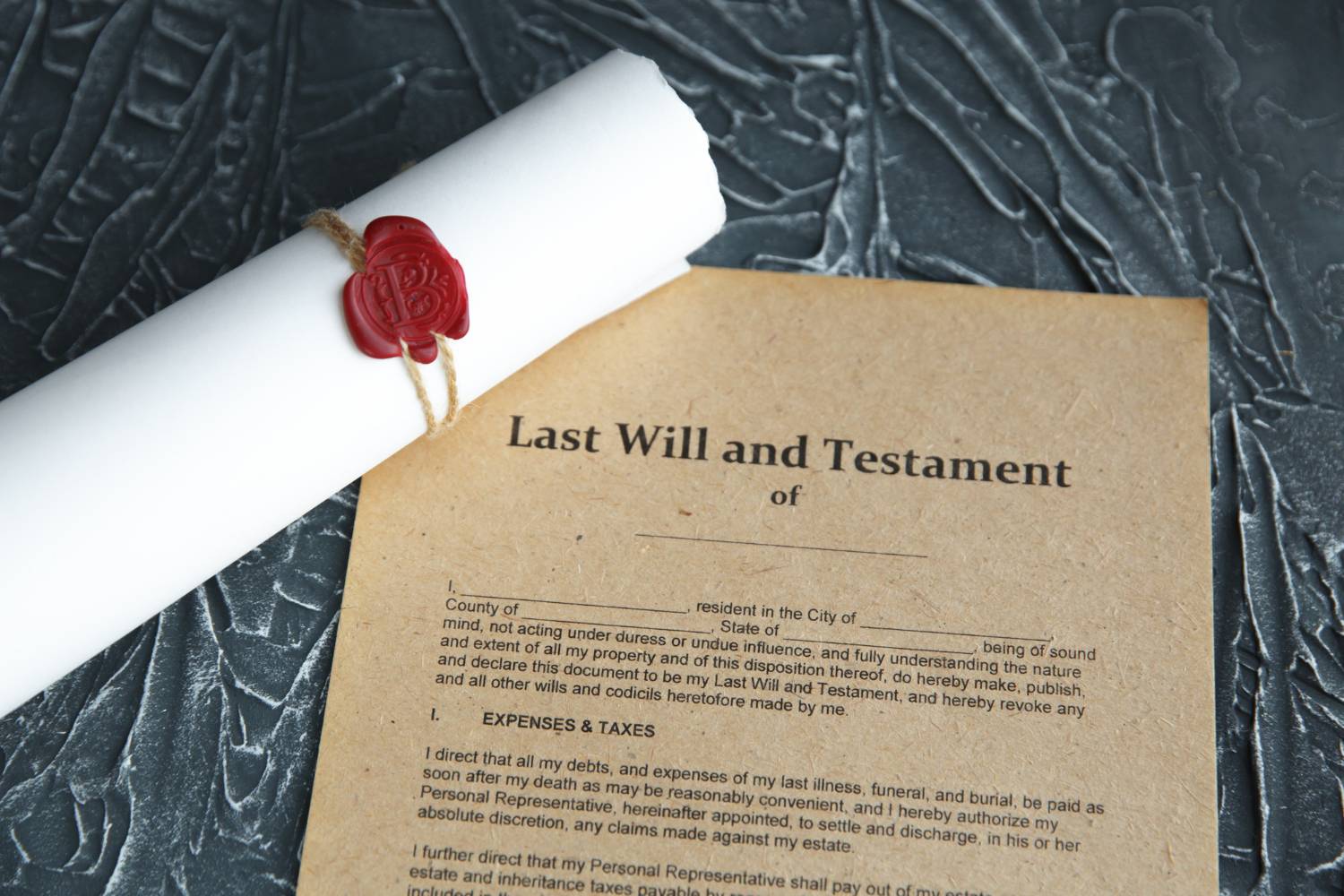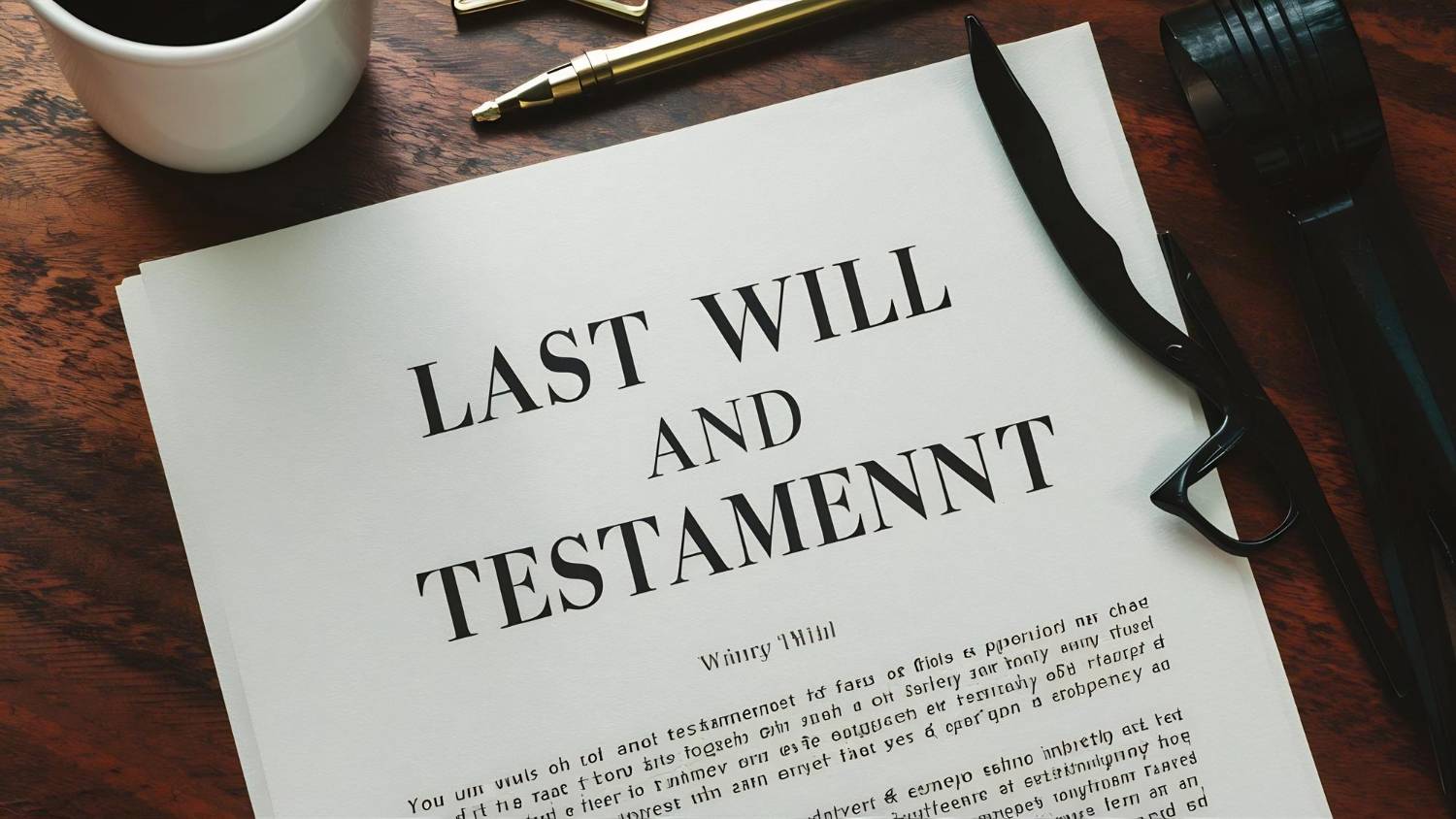Introduction
Defending a will is a critical process for executors, beneficiaries, and estate stakeholders in NSW. It ensures that the deceased’s wishes are upheld, and the estate is distributed according to their intentions. However, wills can be contested for various reasons, including challenges to their validity or family provision claims, which can lead to complex legal disputes.
This guide provides essential information and practical guidance for those involved in defending a will in NSW. It covers key aspects such as understanding when a will may be contested, the roles of executors and administrators, and the legal processes involved in upholding the deceased’s wishes. Whether you are an executor navigating the legal system or a beneficiary seeking to protect your rights.
Will Defence Fundamentals in NSW
Defending vs. Challenging & Contesting a Will
Defending a will involves upholding its provisions, typically handled by the executor, while contesting it involves questioning its validity or fairness, often by a beneficiary or eligible person.
| Aspect of Will Dispute | Key Considerations / Examples |
|---|---|
| Executor’s Role (Defending) | •Acting reasonably throughout the process •Seeking compromise to avoid costly litigation •Upholding the deceased’s wishes |
| Challenger’s Grounds (Contesting or Challenging a Will) | •Lack of testamentary capacity •Undue influence •Other factors affecting the will’s legitimacy |
| Types of Legal Claims | • Family provision claims (i.e. Contesting a Will): Focus on fairness and adequate provision. • Validity challenges (i.e. Challenging a Will): Question whether the will itself is legally sound. |
Roles of the Executor & Administrator
The executor, named in the will, is usually responsible for defending it, ensuring the deceased’s wishes are carried out. If there’s no executor, a major beneficiary or independent administrator may step in.
The executor’s responsibilities in defending a will include:
| Context of Defence | Executor’s Key Responsibilities |
|---|---|
| General Will Defence | •Gathering and filing evidence to support the will’s defence •Documenting asset details and beneficiary circumstances •Managing estate disputes according to legal requirements |
| Family Provision Claims | •Negotiating with claimants when appropriate •Providing evidence to demonstrate the will’s fairness •Representing the interests of the estate and other beneficiaries |
Their role is crucial in ensuring the estate is administered according to both the law and the deceased’s intentions, especially when the will is contested for various reasons including family provision claims and challenges to its validity.
Speak to a Lawyer Today.
We respond within 24 hours.
Key Defence Strategies for Contested Wills
Defending a Family Provision Claim in NSW
When an eligible person believes they have not been adequately provided for in the deceased’s will, they may contest the will by bringing a family provision claim under the Succession Act 2006 (NSW). In defending such a claim, the executor must demonstrate that the deceased’s wishes were both reasonable and legally sound.
Key factors include:
| Factor | Description / Action Required |
|---|---|
| Eligibility of the claimant | Confirm the claimant qualifies as an eligible person (e.g., spouse, child, dependent) under the Succession Act 2006 (NSW). |
| Evidence of financial circumstances | Gather and file documentation on the financial and material circumstances of the claimant and other beneficiaries. |
| Negotiation and mediation | Engage in negotiations or mediation to reach a compromise and avoid costly court proceedings. |
| Court proceedings | If negotiations fail, prepare for court by filing evidence that supports the will’s provisions and challenges the claimant’s case. |
Defending a Validity Challenge of a Will
When the will’s legal standing is questioned—often on grounds such as undue influence, lack of testamentary capacity or fraud—the executor must mount a robust defence by assembling clear evidence.
Key strategies include:
| Grounds for Challenge | Corresponding Defence Strategy |
|---|---|
| Testamentary capacity | Provide medical records or expert testimony to prove the deceased had the required mental capacity. |
| Undue influence | Offer affidavits from witnesses or other documents to show the deceased’s independent decision-making. |
| Proper execution | Ensure the will was signed and witnessed in strict accordance with legal formalities. |
| Fraud or forgery | Present expert analysis, such as handwriting verification, to counter allegations of fraud. |
By understanding these key aspects, executors can effectively navigate the legal landscape and uphold the deceased’s wishes.
Get legal advice you can rely on.
Contact us today.
Will Defence: Process & Documentation
Gathering Evidence & Filing Caveats
Defending a will in NSW involves a structured process with specific documentation requirements. Accordingly, when gathering evidence and filing caveats, it is crucial to assemble all relevant materials to support the case.
This includes:
| Document / Legal Tool | Description / Purpose |
|---|---|
| Financial statements | Detailed records of the estate’s assets, liabilities, and net value. |
| Asset details | An inventory of all properties, investments, and personal belongings. |
| Medical records | Essential evidence if challenging the will on grounds of mental capacity. |
| Caveats | A legal tool to prevent the grant of probate, giving the challenger time to prepare their case. |
Moreover, all evidence must be filed and served promptly to ensure compliance with legal timelines and procedures.
Evidence: Financial & Material Circumstances
To uphold the will’s provisions and the deceased’s wishes, detailed documentation of the estate’s financial and material circumstances is required. Specifically, the executor should compile:
| Evidence Category | Details to Compile |
|---|---|
| Estate assets and liabilities | A comprehensive list of real estate, investments, personal property, and any outstanding debts. |
| Beneficiary circumstances | Financial and material details of each beneficiary, which can influence court decisions in family provision claims. |
| Evidence in reply | Documentation that directly addresses and refutes the claimant’s evidence to ensure a robust defence. |
By meticulously gathering and presenting this evidence, the executor strengthens the case to uphold the will’s provisions and the deceased’s intentions.
Timing & Deadlines in Will Defence Cases
Time Limits & Court Proceedings
In NSW, there are strict time limits for contesting a will, which play a crucial role in defending a will. A family provision claim must be made within 12 months of the deceased’s death. If the claim is not lodged within this timeframe, it may be dismissed, especially if the estate has already been distributed.
This time constraint emphasises the importance of acting promptly when dealing with potential challenges. Delays in the court process can significantly impact the defence of a will in several ways:
- Prolonged litigation increases legal costs
- Complications arise in the administration of the estate
Executors must be vigilant in addressing challenges swiftly to avoid unnecessary delays and ensure the deceased’s wishes are upheld.
Managing Delays & Settlement Options
Managing delays in will defence cases is crucial to avoid prolonged litigation. One effective strategy is negotiating settlements, which can prevent costly court battles, especially for smaller estates.
Mediation and early compromise are encouraged to resolve disputes amicably and efficiently. Key strategies to manage delays include:
| Strategy | Objective |
|---|---|
| Engaging in mediation | To reach a mutually acceptable agreement without court intervention. |
| Seeking legal advice early | To navigate the process effectively and avoid unnecessary delays. |
| Acting promptly | To address challenges and prevent the escalation of disputes. |
By adopting these strategies, executors can minimise delays and ensure the estate is administered according to the deceased’s intentions.
Get legal advice you can rely on.
Contact us today.
Conclusion
Defending a will in NSW is a complex legal process that requires a thorough understanding of the law, careful preparation, and strategic action. Whether you are an executor, beneficiary, or estate stakeholder, it is crucial to act promptly, gather all necessary evidence, and seek expert legal advice to uphold the deceased’s wishes and protect the estate’s interests. The process involves navigating legal challenges, understanding time limits, and managing costs effectively to ensure a favourable outcome.
If you are involved in a will dispute or need guidance on defending a contested will, contact PBL Law Group’s specialised will defence lawyers. Our experienced wills and estates lawyers in NSW can provide trusted expertise, practical solutions, and compassionate support to help you navigate the legal landscape and achieve the best possible result.
Frequently Asked Questions
![]()







